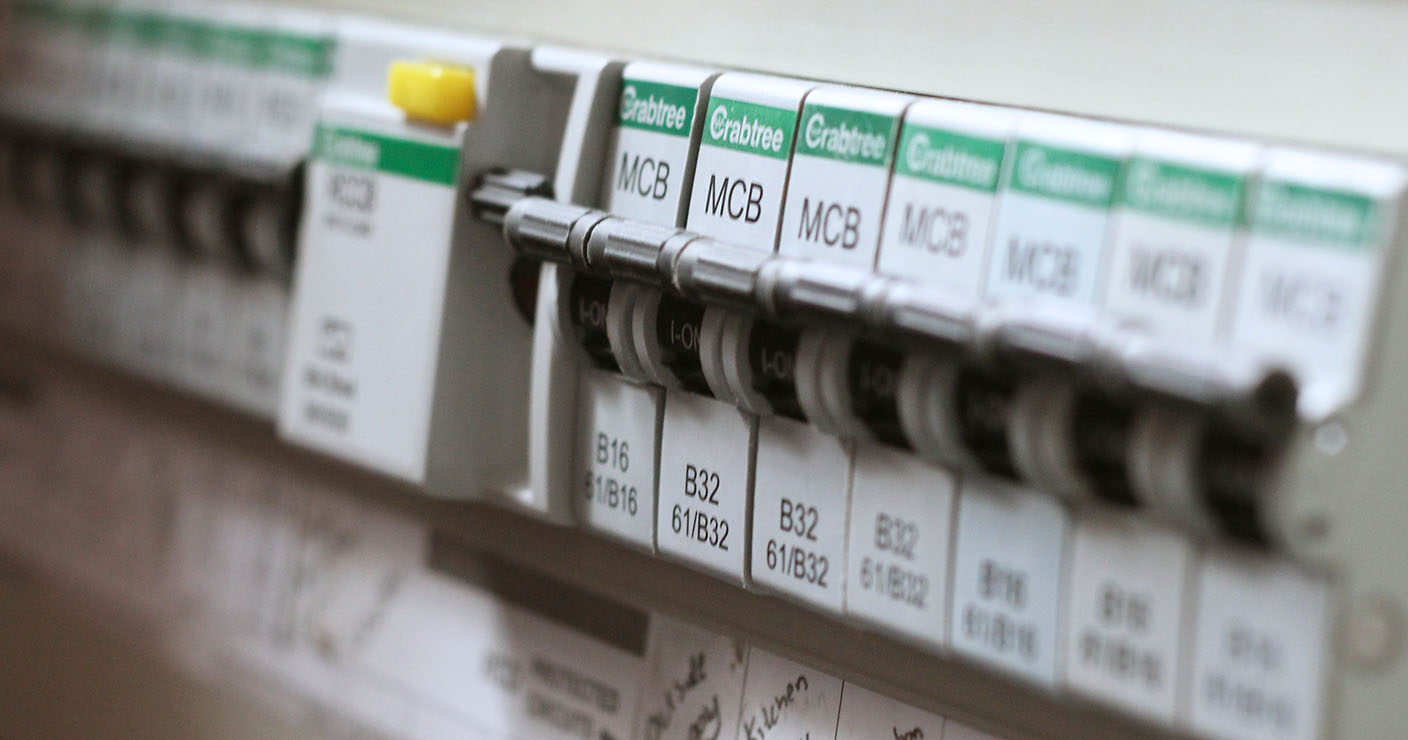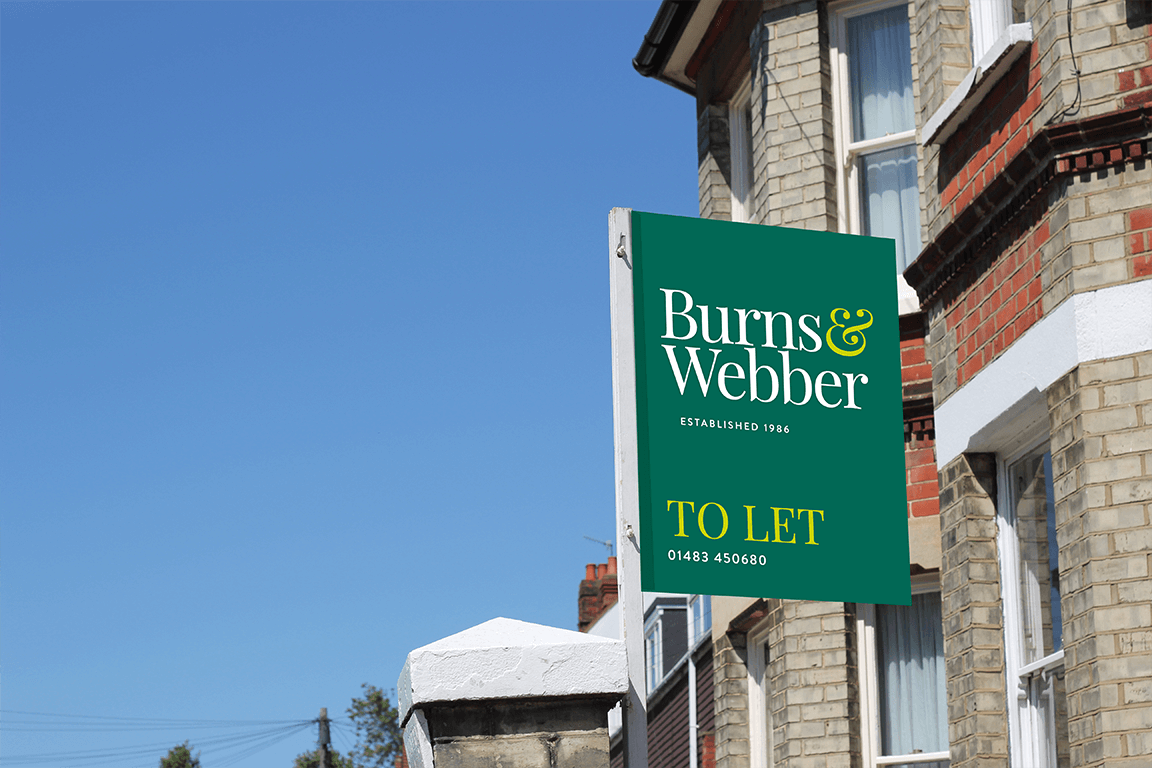
New government legislation is being introduced to improve the safety of people living in rented accommodation in the UK.
Landlords must soon ensure their property is certified as having passed electrical safety standards before they are legally allowed to rent it.
Further to passing the initial electrical safety test, rental properties must also be checked for continued compliance at least once every 5 years.
Most residential tenancies in the UK are arranged over a 1 or 2 year period – as these come to an end, the landlord will need a valid electrical safety certificate for the property upon renewal with the existing tenants or before an agreement is reached with new tenants.
What do landlords need to do?
The “Electrical Safety Standards in the Private Rented Sector (England) Regulations 2020” apply to all private landlords for new tenancies agreed on or after 1st July 2020.
There is a little more time for existing tenancies, which must be inspected and compliant with the new regulations before 1st April 2021.
The legislation applies mostly to the private rented sector, but there are some exemptions such as private social housing, house shares such as a single room rental which is shared with the landlord or landlord’s family, as well as leases which are longer than 7 years.
Landlords are obliged to provide tenants with a copy of the passed certificate and also commission any necessary remedial work within 28 days of the inspection.
An example report can be found here.
Managed Tenancies
The majority of properties let with Curchods are done so on a Fully Managed basis, where the landlords commission our locally based property managers to oversee the property on their behalf, safe in the knowledge we’re working hard to keep their property let running smoothly and up to date with all necessary legislation.
For all property rentals managed by Burns & Webber, we are in the process of ensuring they have passed the necessary electrical safety tests in advance of the new legislation coming into force and will be issuing certificates to the respective tenants.
Landlords Managing Their Own Properties
Some landlords opt to manage the property themselves. Appointing their own contractors and co-odinating any necessary maintenance directly with their tenants.
We are encouraging all landlords who are managing their own properties to contact us if they need guidance or a contractor to carry out the testing and any necessary remedial work.
Should you need pointing in the right direction, Burns & Webber operate a trusted supplier list with several qualified electricians who are able to complete the required electrical checks and produce the necessary reports to ensure landlords comply with the new legislation.

How Are Coronavirus Movement Restrictions Affecting Electrical Testing?
Government guidelines state that despite the current Coronavirus pandemic, it continues to be a legal requirement for properties to pass Electrical Safety Checks from 1st July 2020.
As such all landlords will still be required by law to have a valid Electrical Safety Certificate for their property when the new legislation comes into force.
Our contractors are still working to complete Electrical Safety Checks whilst adhering to the required social distancing guidelines.
If you have an appointment organised for the property you live in, we would recommend vacating the property for a short time while the Electrical Safety Check is completed.
What needs to be tested at the property?
The qualified electrical tester will be assessing the safety and condition of items such as the fuse board, electricity meter, circuit breakers and earthing arrangements within the property; to ensure compliance with bs7671.
The testing requires 10% of visible and accessible electrical installation within the property to be assessed. Which means that floorboards will not be lifted and ceiling lights will not be removed, to ensure no damage is done to the cosmetic condition of the property.
Portable electrical appliances which need to be plugged in to a socket, such as your TV, toaster, lamps and the fridge, are all covered separately by PAT testing and excluded from these new regulations. However, permanently connected appliances like ovens, showers and extractor fans are covered by the new regulations and will form part of the property’s compliance.
Is your property ready for the new legislation?
The regulations require local housing authorities to enforce the rules and have the power to arrange remedial action. Proven breaches of the regulations can result in the local housing authority imposing a financial penalty of up to £30,000 so it’s important that all landlords ensure their property is certified.
Lettings legislation within the UK is constantly changing, so if you are currently letting a property or considering a buy-to-let soon, our expert lettings professionals are here to provide advice and guidance on all aspects of renting your property.
The deadline for new tenancies is fast approaching on 1st July 2020. So if you’re a landlord, or perhaps a tenant with questions on anything in this article, whether you’re a client of Burns & Webber’s or not, please contat Burns & Webber’s lettings branch by calling 01483 450860 for free advice on all aspects of The Electrical Safety Standards in the Private Rented Sector (England) Regulations 2020.






